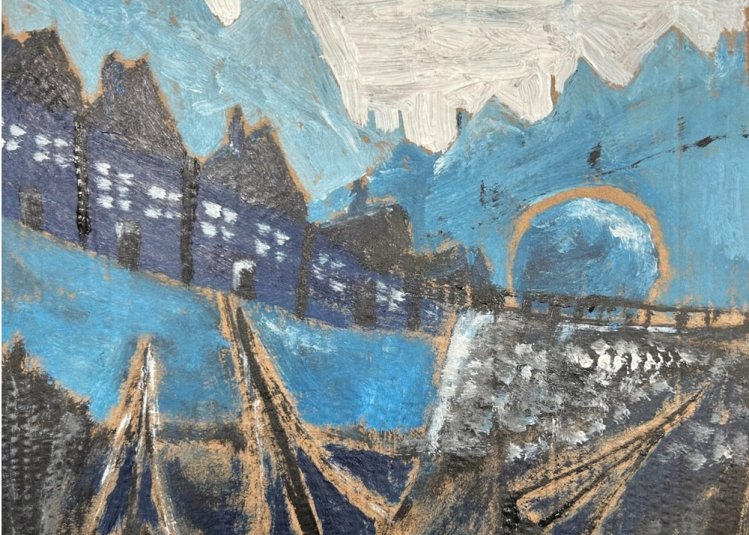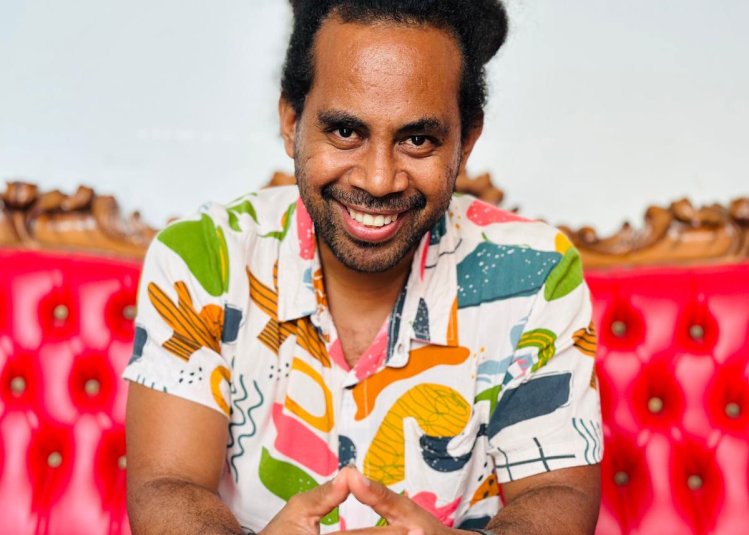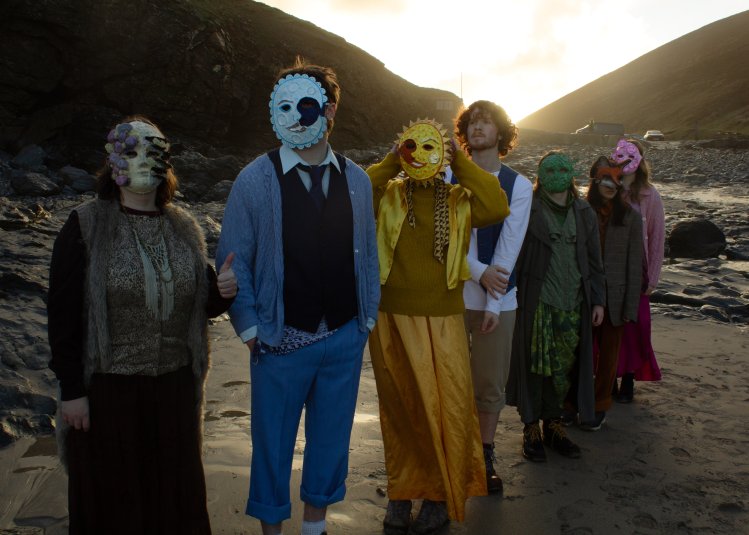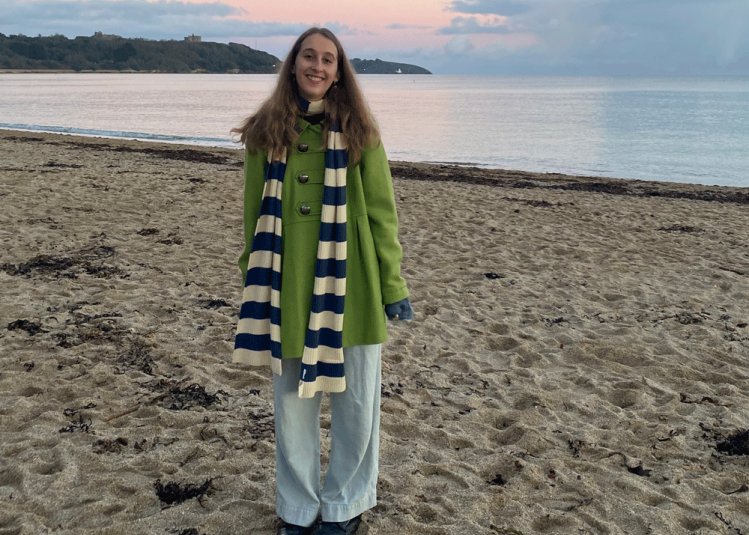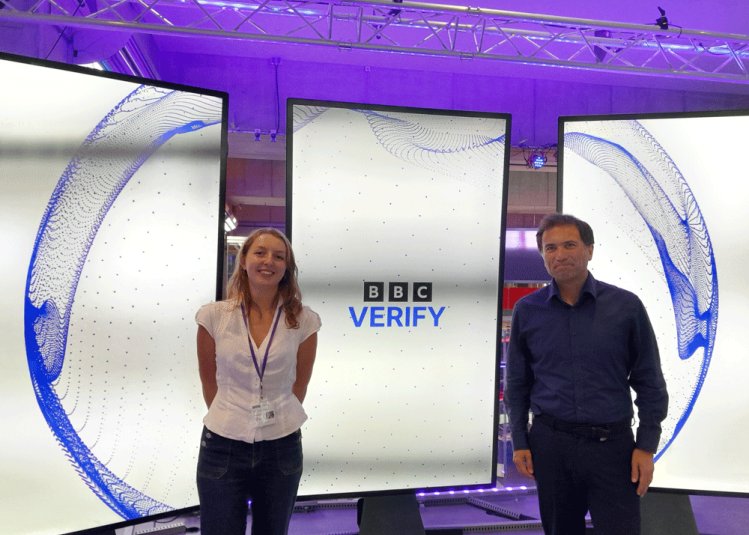Applying to university with an Accreditation of Prior Experiential Learning (APEL)
05 August 2025
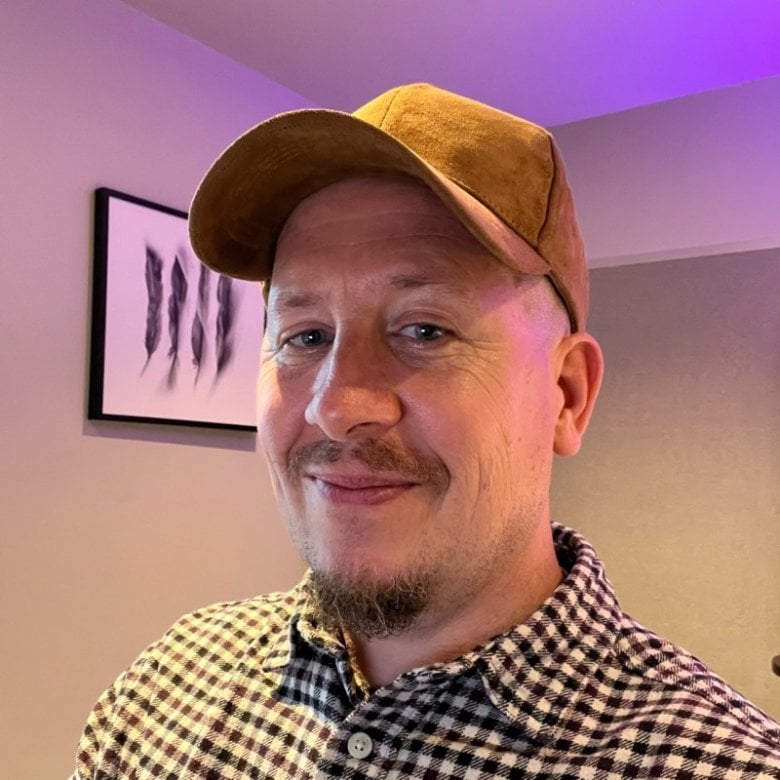
In this article, Fine Art MA (Online) student Nathan discusses how he applied for the course via the APEL route and his advice for others applying with non-traditional backgrounds.
When I first started seriously considering a master’s in Fine Art, I had a few doubts. I hadn’t come through the traditional academic route, so I wasn’t sure if I’d be eligible. I also wasn’t sure whether the application process would be complicated. Then I found out about the Accreditation of Prior Experiential Learning (APEL) route at Falmouth, and everything changed.
I’m now well into the MA Fine Art (Online) course. After nearly two years, I’m working on my Final Major Project. Looking back, I can confidently say that applying through APEL was surprisingly straightforward and completely worth doing. If you’ve built up experience through your creative or professional practice but don’t have a formal degree, this could be the path for you too.
Why I chose Falmouth
I wanted a course that would support and challenge me to grow my practice but also fit around freelance work and other commitments. Falmouth’s MA Fine Art (Online) stood out for its flexible structure and critical depth. From my first enquiry, it was clear that Falmouth valued people with varied backgrounds and lived experience. It felt inclusive and welcoming and there was no pressure to fit into a particular mould.
Taking the APEL route
I don’t have a conventional academic background. In fact, I got a D in GCSE Art, not because of a lack of ability, but because I didn’t fit into the education system at the time. Since then, I’ve worked professionally in the arts for many years, developing a socially engaged practice and delivering creative projects with communities. I also work in the health and social care sector, which brings a wider, real-world perspective to my art.
The APEL route allowed me to use this experience to gain entry to the course. Instead of submitting academic qualifications, I was able to show what I’d learned through my work and practice.
The application process
As part of the APEL application, I submitted a reflective statement. This was a chance to show how my previous experience had led to meaningful learning, rather than simply listing what I had done. I focused on the skills I have developed through my creative practice, such as critical thinking, research, self-direction and intuitive process, and how these had prepared me for postgraduate study.
Rather than framing it in purely academic terms, I was encouraged to reflect honestly on my journey, influences and learning style. For me, it was a powerful moment of realisation. I came to see that the way I create, research and express ideas already holds real academic value. Writing the statement helped me recognise just how much I had already grown as both an artist and a thinker. I also realised I was now ready to bring everything I had learned into a formal learning environment.
I was assigned a dedicated course advisor who explained everything clearly and offered me great support throughout. It didn’t feel like I was being tested. Instead, it felt like a chance to reflect and share what I’d done so far.
Support along the way
The course advisor was brilliant. They guided me through each stage of the APEL process, answered all my questions quickly and helped me feel confident about applying.
What stood out most was how approachable and understanding they were. There was no judgement or pressure, just practical guidance and encouragement.
Advice for others
If you’re thinking about applying through APEL, I’d definitely recommend it. Here are some tips:
Believe that your experience is valid. Don’t underestimate what you’ve learned through creative work, community projects, teaching or professional roles.
Take your time with the portfolio statement. Be honest about your journey and your goals.
Contact the course advisor team early. They’re helpful and will walk you through each step.
Final thoughts
For me, applying through APEL wasn’t just a way into the MA. It also gave me a chance to take stock of everything I’d achieved so far. It reminded me of the value in my own path. Before I applied, I didn’t even know APEL existed. If I had, I might have applied for a master’s sooner. But in the end, this happened at exactly the right time.
If you’ve got years of creative experience but no formal degree, don’t let that hold you back. Falmouth recognises potential and the APEL route is a powerful way in. This might be your perfect moment to take the next step.
